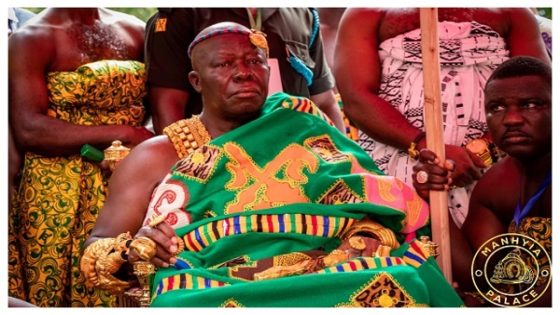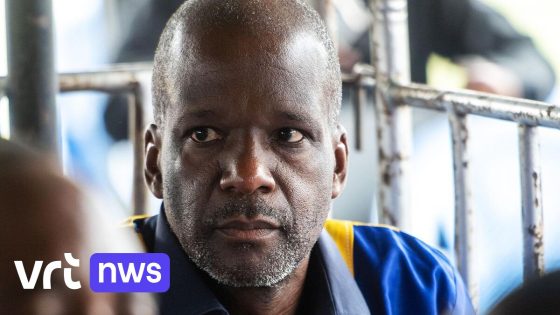The Asantehene, Otumfuo Osei Tutu II, emphasized his exclusive power to destool chiefs during a recent council meeting on February 10, 2025. His remarks came after a subject, Appiah Kwarteng, attempted to destool the Donyinahene, Nana Osei Dankwa Brafo II, claiming authority he did not possess. How can one challenge tradition without proper backing?
- Asantehene reprimands subject for destooling chief.
- Appiah Kwarteng challenges chief's authority.
- Tradition prohibits unauthorized destoolment actions.
- Asantehene maintains recognition of Nana Brafo II.
- Rituals required before re-presenting the case.
- Investigations into royal lineage will occur.
Asantehene Reiterates Authority Over Traditional Leadership in Ghana
Why is it crucial to recognize the Asantehene’s authority? During the Kumasi Traditional Council meeting, the Asantehene made it clear that only he has the right to destool a chief. This assertion not only reinforces traditional customs but also protects the integrity of leadership within the Asante Kingdom.
The Importance of Upholding Traditional Authority in Ghana
Understanding the dynamics of traditional leadership is vital for cultural preservation. The Asantehene’s intervention serves as a reminder of the significance of respecting established customs and authority. Here are key points to consider:
- The Asantehene is the ultimate authority in destooling chiefs.
- Traditional rituals must be respected and followed.
- Challenging a chief without proper authority can lead to community discord.
- Leadership disputes can have wider implications for societal stability.
Asantehene’s Role in Maintaining Order and Tradition
The Asantehene plays a crucial role in maintaining the balance of power within the Asante Kingdom. His authority ensures that traditions are upheld, preventing conflicts that can arise from unauthorized actions. By addressing Kwarteng’s claims directly, the Asantehene reinforces the importance of following proper protocols in leadership matters.
Implications of Leadership Disputes on Community Stability
Leadership disputes, such as the one involving Kwarteng and Nana Brafo II, can destabilize communities. Such conflicts can lead to divisions among subjects and challenge the respect for traditional structures. In the U.S., similar situations can escalate into larger societal issues, highlighting the need for clear leadership and respect for authority.
Conclusion: The Need for Respecting Tradition
In conclusion, the Asantehene’s assertion of his authority is a vital reminder of the importance of respecting traditional leadership. By adhering to established customs, communities can maintain harmony and stability, preventing conflicts that could disrupt societal order.

































